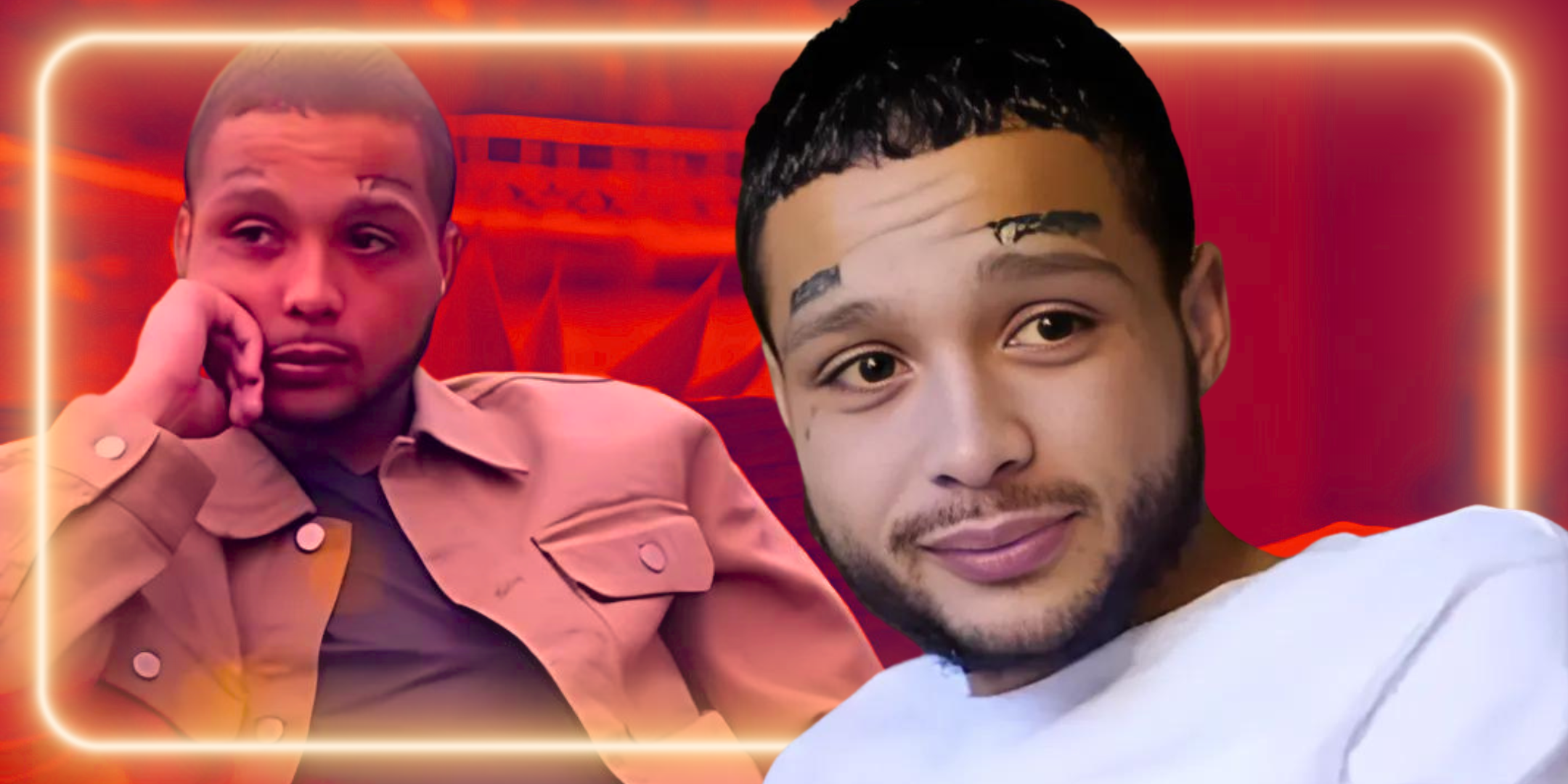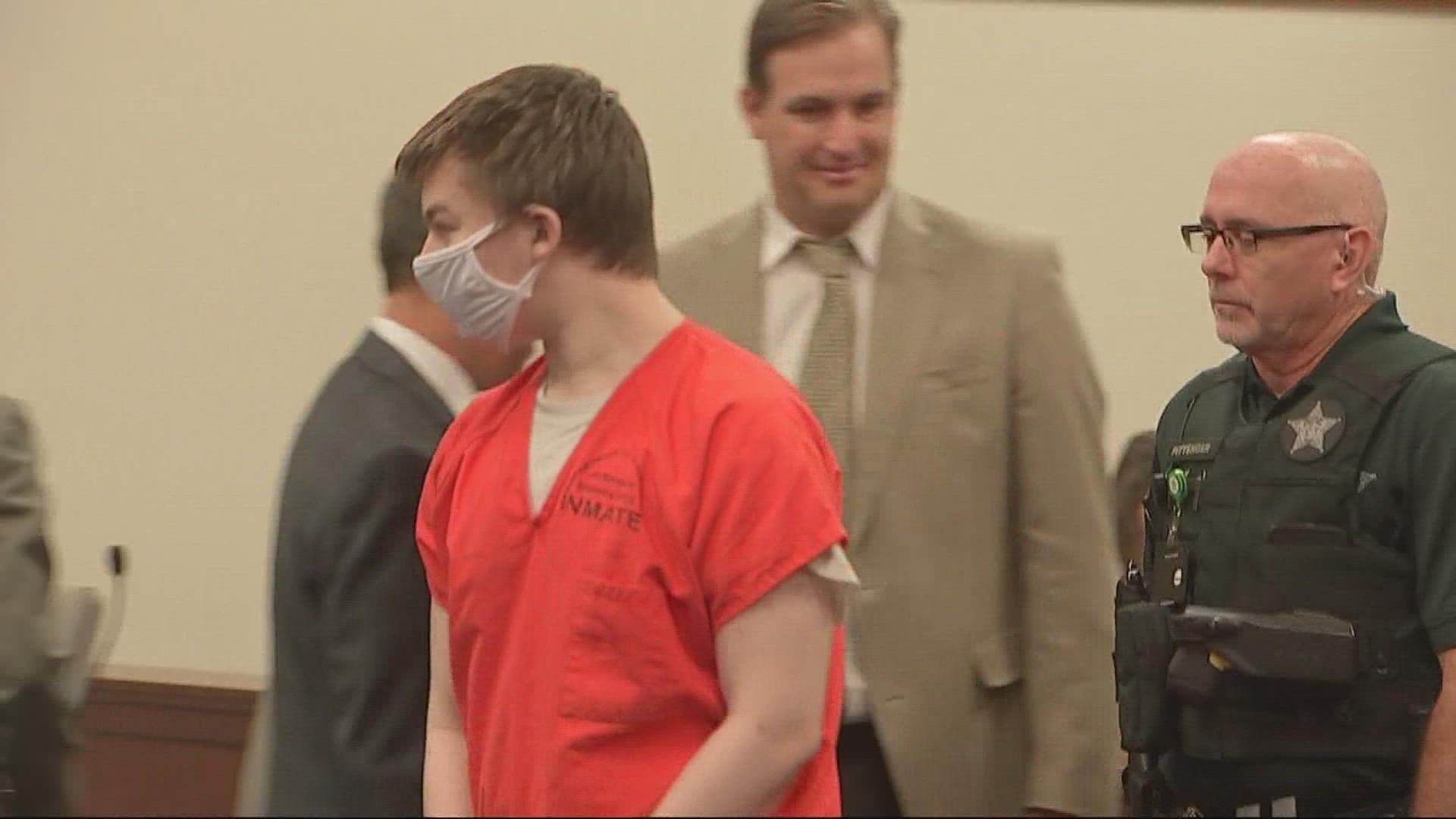Shooter's Strange Court Request: Books That Ignited Curiosity
Hey there, folks. Let's dive straight into something that's been making waves in the legal world and sparking a ton of debate. The headline "Shooter's Strange Court Request: Books" has grabbed everyone's attention. It’s one of those stories that makes you scratch your head and wonder what's really going on behind the scenes. So, buckle up because this is going to be an interesting ride full of twists and turns.
You might be wondering why someone in such a high-profile situation would even think about asking for books in court. Well, that's exactly the question everyone's asking. This request isn't your everyday legal drama; it's a whole new level of intrigue. Let’s unravel the layers of this peculiar case and understand the context, motivations, and implications.
In today's world, where every court case seems to have a hidden angle, this one takes the cake. The request for books by the shooter opens up a Pandora's box of questions about legal rights, mental health, and the role of literature in shaping our understanding of the world. So, let's dive into the details and see what's really cooking under the surface.
Understanding the Shooter's Background
Before we jump into the specifics of the court request, let's take a moment to understand who this shooter is. Background information is crucial to paint a clear picture of the situation. The individual in question has a complex history that includes a series of events leading up to the court proceedings. Knowing the backstory can provide valuable insights into their motivations and actions.
Here’s a quick rundown of the key facts:
- Name: [Shooter's Name]
- Age: [Age]
- Location: [Location]
- Charges: [Charges]
Biographical Details
Let’s break it down further with some biographical details. To give you a clearer picture, here’s a table summarizing the shooter’s personal information:
| Attribute | Details |
|---|---|
| Full Name | [Full Name] |
| Date of Birth | [Date of Birth] |
| Place of Birth | [Place of Birth] |
| Occupation | [Occupation] |
| Education | [Education] |
Why Did the Shooter Request Books?
Now, let's get to the heart of the matter. Why on earth would someone in a court setting, facing serious charges, request books? At first glance, it seems like a bizarre move, but there’s often more to these kinds of requests than meets the eye. The shooter’s request for books could be linked to several factors, including legal strategy, mental health considerations, or even personal interests.
Some legal experts suggest that the request might be part of a broader defense strategy to portray the individual in a more sympathetic light. Others believe it could be a way to demonstrate intellectual engagement or a desire for self-improvement. Whatever the reason, it’s clear that this request has sparked a lot of discussion and debate.
Exploring the Motivation Behind the Request
Let’s dig deeper into the possible motivations behind this unusual court request. Here are a few potential reasons:
- Legal Defense Strategy: The defense team might be trying to humanize the shooter in the eyes of the court.
- Mental Health Considerations: Access to books could be part of a broader mental health treatment plan.
- Intellectual Pursuits: The shooter might genuinely have an interest in reading and learning.
The Role of Literature in Legal Proceedings
Books have played an interesting role in legal proceedings throughout history. They’ve been used as evidence, educational tools, and even as a form of rehabilitation. In this particular case, the shooter's request for books raises important questions about the role of literature in shaping our understanding of justice and rehabilitation.
Legal experts often debate the merits of allowing defendants access to books during trials. Some argue that it can be a powerful tool for rehabilitation, while others worry about potential misuse or manipulation of the system. The debate is far from settled, and this case adds another layer of complexity to the discussion.
Historical Context of Books in Court
To better understand the significance of this request, let’s look at some historical examples of books being used in court cases:
- The famous trial of [Historical Figure], where books were used as evidence.
- Modern cases where literature has been used as part of rehabilitation programs.
- Controversial instances where book requests were denied or granted.
Public Reaction and Media Coverage
As with any high-profile case, the public reaction to the shooter's strange court request has been mixed. Social media platforms have been buzzing with opinions, and the mainstream media has been covering the story extensively. Some people see the request as a positive step towards rehabilitation, while others view it as a manipulative tactic.
The media coverage has been both supportive and critical, with various outlets offering different perspectives on the issue. It’s fascinating to see how public opinion can shape the narrative around a legal case, and this one is no exception.
Key Media Highlights
Here are some key highlights from the media coverage:
- Supportive articles arguing for the educational benefits of reading.
- Critical pieces questioning the sincerity of the request.
- Analytical pieces exploring the legal implications of such requests.
Legal Implications and Precedents
From a legal standpoint, the shooter's request for books raises several important questions about precedent and legal rights. Courts have historically grappled with issues related to access to education and literature, especially in cases involving incarcerated individuals. This case could set a new precedent for how such requests are handled in the future.
Legal experts are divided on whether this request should be granted or denied. Some argue that it aligns with existing legal frameworks, while others believe it could open the door to similar requests in other cases.
Precedent-Setting Cases
Let’s take a look at some precedent-setting cases that might influence the outcome of this request:
- Case A: Where a similar request was granted.
- Case B: Where a similar request was denied.
- Case C: Where the court imposed restrictions on the type of books allowed.
Mental Health and Rehabilitation
Mental health considerations play a significant role in cases like this. The shooter's request for books could be seen as part of a broader effort to address mental health issues and promote rehabilitation. Access to literature has been shown to have positive effects on mental well-being, and this case highlights the potential benefits of incorporating reading into rehabilitation programs.
Experts in the field of mental health and criminal justice have weighed in on the issue, offering insights into the potential impact of granting such requests. The debate is ongoing, and this case could provide valuable lessons for future cases.
Expert Opinions on Mental Health and Reading
Here’s what some experts have to say:
- Psychologist A: Reading can be a powerful tool for mental health recovery.
- Legal Scholar B: The legal system should consider the rehabilitative potential of reading.
- Criminal Justice Expert C: There’s a need for more research on the impact of literature in rehabilitation.
The Future of Legal Requests for Books
As this case unfolds, it’s worth considering the future implications of legal requests for books. Will we see more defendants making similar requests, or will this case be seen as an anomaly? The answers to these questions could shape the future of how courts handle such requests.
Legal experts and scholars are closely watching this case, hoping to gain insights into how courts might approach similar situations in the future. The outcome could have far-reaching effects on legal practices and policies.
Predictions for Future Cases
Here are some predictions for how future cases might be handled:
- More emphasis on rehabilitative measures in court proceedings.
- Increased scrutiny of requests for educational materials.
- Potential changes in legal frameworks to accommodate such requests.
Conclusion: What Does This Mean for Justice?
In conclusion, the shooter's strange court request for books highlights the complexities of modern legal proceedings and the evolving role of literature in the justice system. This case has sparked important discussions about legal rights, mental health, and rehabilitation. As we move forward, it’s crucial to consider the broader implications of such requests and how they fit into the larger framework of justice.
I’d love to hear your thoughts on this topic. Feel free to leave a comment or share this article with your friends. Let’s keep the conversation going and explore the fascinating world of law and literature together.
Table of Contents
Understanding the Shooter's Background
Why Did the Shooter Request Books?
Exploring the Motivation Behind the Request
The Role of Literature in Legal Proceedings
Historical Context of Books in Court
Public Reaction and Media Coverage
Legal Implications and Precedents
Mental Health and Rehabilitation
Expert Opinions on Mental Health and Reading
The Future of Legal Requests for Books
Conclusion: What Does This Mean for Justice?



